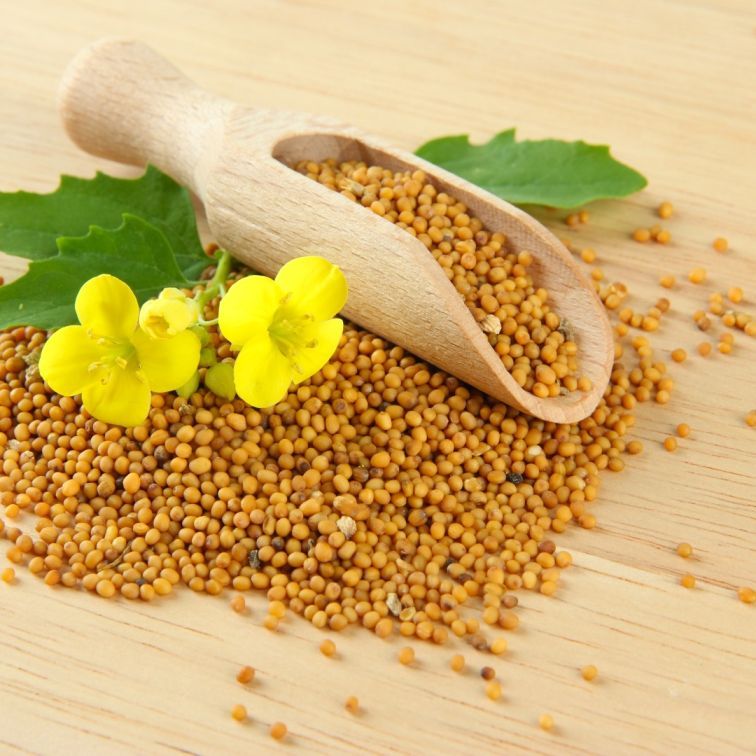What Are Pure Wood-Pressed Oil
Pure wood-pressed oils, also called cold-pressed oils, are made using old-fashioned methods that keep all the good stuff from seeds and nuts. Unlike refined oils, which can lose their health benefits during processing, these oils stay natural and full of nutrients. This guide will explain why you might want to use these oils, how they’re made, and how to use them in your daily life.
How Pure Wood-Pressed Oils Are Made
What Is Wood-Pressing?
Wood-pressing, or cold pressing, is a way to get oil from seeds, nuts, or fruits without using heat. This helps keep the oil’s natural taste and nutrients.
Traditional Methods vs. Modern Methods
Traditional wood-pressing uses a wooden press to slowly squeeze the oil out. This method helps keep the oil’s natural qualities. Modern methods, like hydraulic presses, use more advanced technology but still keep the oil cold-pressed.
Why Wood-Pressing Is Better
Wood-pressing is better than other methods like solvent extraction or refining because it doesn’t use chemicals or high heat. This means the oil keeps its good qualities, like essential fatty acids and antioxidants.
Types of Wood-Pressed Oils
Common Types and Their Benefits
Different wood-pressed oils have different benefits:
– Olive Oil: Good for heart health and packed with antioxidants.
– Coconut Oil: Helps with metabolism and provides quick energy.
– Almond Oil: Great for moisturizing skin and packed with vitamin E.
– Sesame Oil: Good for heart health and contains beneficial compounds.
How to Spot Pure Wood-Pressed Oils
To make sure you’re getting pure wood-pressed oils, look for labels that say “cold-pressed” or “wood-pressed.” Check for certifications and choose oils in dark glass bottles to keep them fresh.
Health Benefits of Pure Wood-Pressed Oils
Nutritional Benefits
Healthy Fats and Nutrients
Wood-pressed oils are full of healthy fats that are important for your health. For example, olive oil is high in good fats, and flaxseed oil is rich in omega-3 fatty acids. These fats support brain function, cell health, and hormone production.
Antioxidants and Their Benefits
These oils also contain antioxidants like vitamin E. Antioxidants help fight inflammation and reduce the risk of chronic diseases. For example, olive oil’s antioxidants can help protect your heart and reduce cancer risks.
Health Benefits
Skin Care
Wood-pressed oils are great for your skin. Almond oil, for instance, is good for moisturizing dry skin. Coconut oil can help with skin conditions like eczema and psoriasis.
Heart Health
Some wood-pressed oils, like olive oil, can help manage cholesterol levels. They can reduce bad cholesterol (LDL) and increase good cholesterol (HDL), lowering the risk of heart disease.
Using Pure Wood-Pressed Oils in Your Daily Life
Cooking and Baking
How to Use Them
Wood-pressed oils can be used in many ways. Olive oil is great for salads and sautéing, while coconut oil is good for baking and frying because it can handle high heat. Using these oils can make your food taste better and add extra nutrients.
Adding Flavor and Nutrition
You can enhance your meals with wood-pressed oils. For example, sesame oil adds a nutty taste to stir-fries, and flaxseed oil boosts omega-3 content in smoothies.
Beauty and Health
DIY Beauty Products
Wood-pressed oils are popular in homemade beauty products. You can use almond oil in face masks or as a carrier oil for essential oils. Coconut oil makes a great moisturizer or hair conditioner.
Aromatherapy
These oils are also used in aromatherapy. They can dilute essential oils, making them safe for your skin. For instance, mixing lavender essential oil with coconut oil makes a soothing massage oil.
Choosing the Right Pure Wood-Pressed Oil
What to Look For
Quality and Certifications
When buying wood-pressed oils, look for quality indicators like organic certifications or non-GMO labels. Make sure the oil is labeled “cold-pressed” to ensure it’s made using traditional methods.
Brand and Reviews
Choose brands known for quality and transparency. Reading customer reviews can help you find reliable products.
Storing and Using Oils
Best Storage Practices
To keep wood-pressed oils fresh, store them in a cool, dark place. Use tightly sealed containers to prevent spoilage.
Shelf Life and Tips
These oils usually last 6 to 12 months. Check the expiration date and use the oils within this time to get the most benefits.
Conclusion
Pure wood-pressed oils are a natural and healthy choice compared to refined oils. They keep their nutrients and offer various health benefits. By understanding how they are made, their benefits, and how to use them, you can make better choices for your diet and well-being. Whether for cooking, beauty, or aromatherapy, these oils can enhance your life with their natural goodness.


